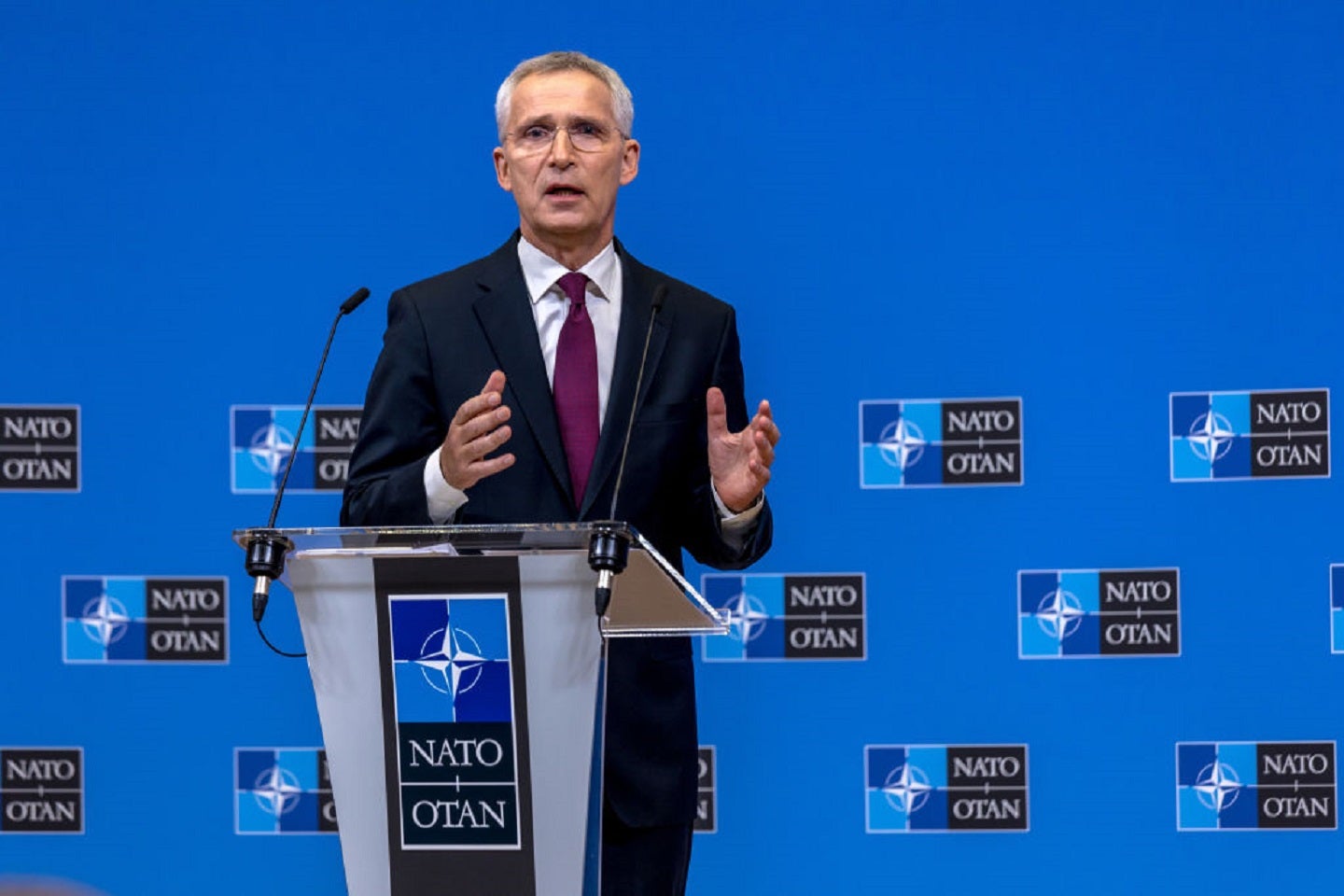
Nato’s Defence Innovation Accelerator for the North Atlantic (DIANA) organisation has opened applications for innovators to propose new solutions to the problems in the defence sector.
The first pilot challenge call, which will run until August this year, focuses on three areas: energy resilience, surveillance and secure information sharing.
Staffed by experts in innovation and working with universities, industry and governments across Nato’s 31 member countries, DIANA works to deter and defend against future threats. The organisation will identify, develop and support the adoption of the dual-use emerging and disruptive technologies, such as artificial intelligence and quantum computing.
The programme offers all types of forward-thinking innovators the chance to disrupt the defence industry with new solutions; DIANA aims to support the foundation, growth and success of start-ups.
Disruptive commercial solutions – who is leading the way?
“Identifying, developing and deploying dual-use technologies are going to be crucial as we tackle the many challenges we face.
“Participants in DIANA’s unique programme will get significant early-stage funding, commercial advice and the opportunity to test their ideas at some of the world’s leading facilities,” Professor Deeph Chana, DIANA’s manager director, stated.
While Nato begins to attract innovation from the private sector with its programme, the United States Department of Defence (DoD) has recently awarded a project for quantum-based precision targeting for weapon systems last week.
Although leading analytics companies such as GlobalData tell us that we can expect a quantum winter in the markets since fully fledged quantum solutions are at least a decade away, the DoD and DIANA’s efforts to continue their pursuit signals how military priorities are leading the markets.
The belief that the private sector is the defence industry determiner has shot up in recent years; to the extent that the US intelligence community agreed that the private sector has become “the main determinant of our future as an intelligence service.”
DIANA funding
DIANA expects to work with around 30 start-ups this year. They will be awarded €100,000 ($109,272) each in the form of a non-dilutive grant, with the opportunity to get up to €300,000 ($327,816) later in DIANA’s accelerator programme.
The Nato organisation has a regional office in the United Kingdom, another planned in Canada, and a hub will open in Estonia. It also has a network of around 100 accelerator sites and test centres in innovation clusters across the alliance.
DIANA is complemented by the Nato Innovation Fund, the world’s first multi-sovereign venture capital fund, which will invest €1bn ($1.09bn) in start-ups developing technologies for defence and security.








